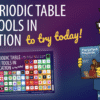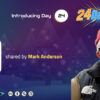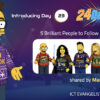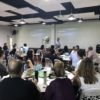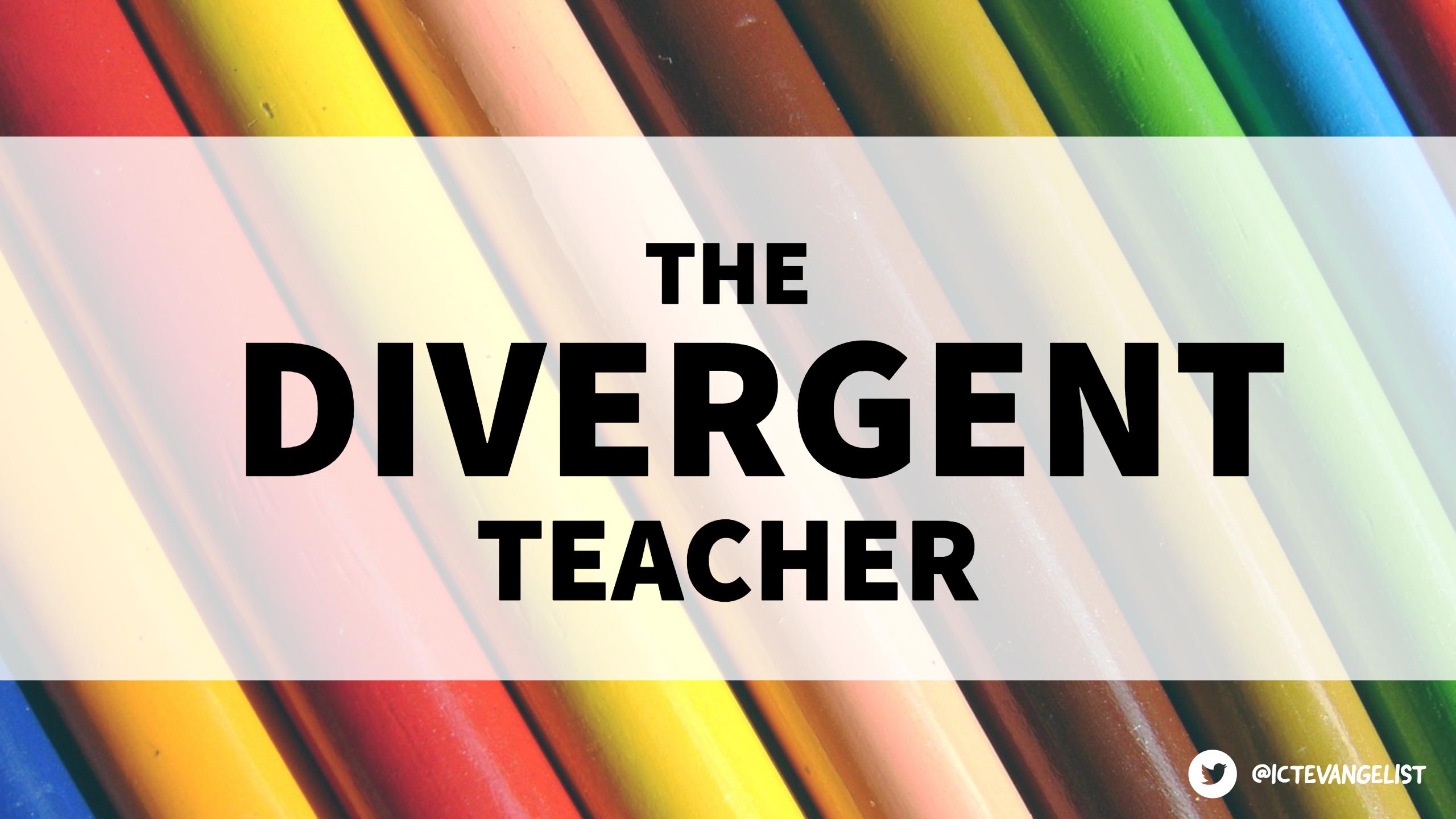
I’ve been watching the Divergent film series again recently. If you haven’t seen them, they’re pretty good! They are based upon a series of books by Veronica Roth. The books are set in and around a futuristic post-apocalyptic Chicago where the citizens have been divided into 5 different social and personality-related affiliations or factions. The 5 factions are:
- Dauntless – the brave;
- Amity – the peaceful;
- Erudite – the intelligent;
- Abnegation – the selfless, and;
- Candor – the honest.
The premise of the film is that the faction system they have in place, doesn’t work. At the start of the stories you are introduced to the lead character, Beatrice ‘Tris’ Prior. In the stories she doesn’t fit into any of the 5 factions. She is a rare thing in this futuristic vision of the world. She is what they call ‘Divergent’. As a divergent, she can take on all of the characteristics of different factions showing bravery, peace-making, intelligence, selflessness and honesty. As the story progresses so we learn that in order for humanity to be able to succeed and survive we need to work together and show that we can be divergent too. There isn’t just one way.
So what?
Debate is healthy. Lots of teachers are concerned about labels, as in the Divergent series. Label away all you like, what is important that you are mindful of the labels that you don’t feel apply to you. By taking on board (even if you disagree) the ideas, perceptions and thoughts behind different points of view on education it helps to keep you honest. By honest, I mean that by thinking broadly around the approaches you use when working with young people and that by having these approaches as part of your teaching arsenal; this to me means you are surely a better teacher. You can best apply the thoughts, techniques and approaches to learning that best suit your learner. By how best you can approach your workload, so forth and so on. You do this by taking on board approaches from across the spectrum by being a divergent teacher.
Now some might call me a progressive by saying what I have above. That the thinking that I’m asking of isn’t traditional, it is progressive. By all means call me that and I’ll be happy to embrace it, but I’d prefer to be called divergent in my approaches if it’s all the same.
I will use myself to serve as an example. People would label me as the “IT guy” or the “EdTech guy” (like many I’d prefer it just be called ‘Ed’ than ‘EdTech’). I get that. It’s linked to my social sharing on Twitter and my blog. It’s an obvious link. So how is it I have conversations like this?
Great conversation with @ICTEvangelist tonight about @TMHullEY teaching, learning & Leadership. Enjoy the NE with the fab @TeamTait
— Stephen Logan (@Stephen_Logan) October 31, 2016
Or how is it I’m writing on topics such as advice on team meetings or how to deal with difficult conversations or empathy in schools? I’m divergent in my approaches, in my thinking and how I work based upon my experience, professional learning, professional reading and professional conversations. It informs what I do and the choices I make in different situations.
Imagine if a school leader just had one leadership style and stuck to it all of the time. How well would that go?
Another example that reinforces my perspective would be the influence that research-informed education is having on the landscape. Researcher-informed teachers might be called the Erudite if we’re following the Divergent labels. Of course you’re going to still have those teachers working who still teach in-line with how they learned on their PGCE in 1990 who this doesn’t apply to, but we are seeing increasing numbers of teachers learning and sharing about research-informed teaching across our schools. I see ‘Teach like a champion’ on many a Headteachers bookshelf. The idea of deliberate practice and supportive CPD is coming through. We are seeing the ideas being supported by Government. The ‘Erudite’ / research-informed education messages are getting out there. Things are changing. And that is a healthy result of the debate that has been taking place amongst teachers across teacher-led events, social media and blogs from around the world. This isn’t of course to say that these means are always the best, it’s just that it’s important to know how effective something you’re thinking about doing might be and how to make it work in your setting should you choose to use that pedagogical / leadership approach.
There are indeed many ways to skin a cat. The trick (so I hear) to doing it best, as every cat is different, is to know the ways which best apply to a cat of that shape and size on that day given the weather outside and how many other cats there are that need help and support at the same time. It’s tough. Let’s be divergent in our thinking and apply the right techniques at the right time in our schools too. As Ian Gilbert says, “There is another way“.
How do you do it then?
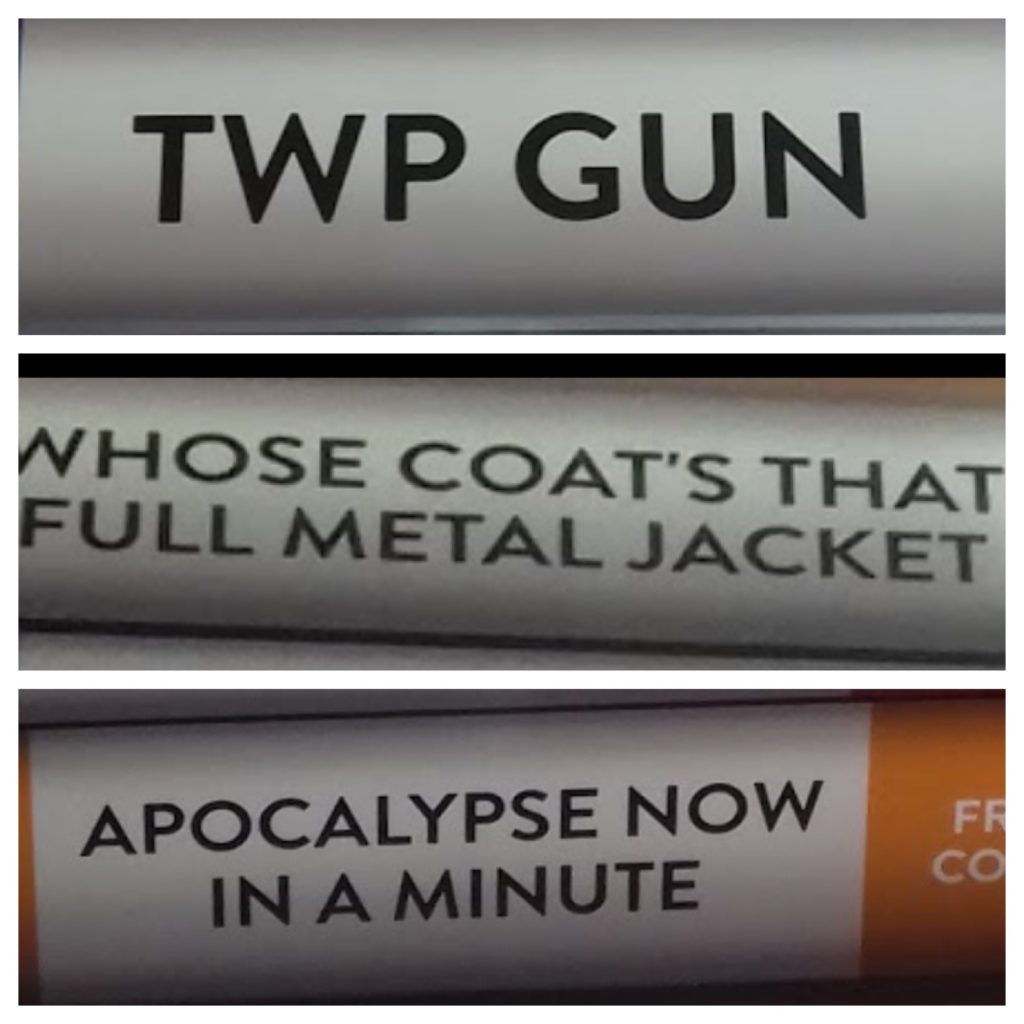 Professional learning such as reading books have formed a significant part of my thinking. Some of this has been in books, some from my experience in schools, my experience as a middle and senior leader and also other professional learning that takes me outside of my comfort zone. Like an edu-recipe with a smattering of the equivalents of Dauntless, Amity and Erudite; #teacher5aday, Carl Hendrick, Hattie, Wiliam, Willingham, Biesta, Gilbert, Smith, Buck and many more have helped me to form my experience and views which reinforce a divergent approach attitude to work, informed by research, informed by practice, informed by labels from lots of different camps. It helps keep me on the straight and narrow when it comes to thinking about effective technology use, for example. Will this tool work here? Will it impact learning? Can it be done more simply without technology? Does it help workload? Will it make you more efficient? Will it enable better tracking? So forth and so on…
Professional learning such as reading books have formed a significant part of my thinking. Some of this has been in books, some from my experience in schools, my experience as a middle and senior leader and also other professional learning that takes me outside of my comfort zone. Like an edu-recipe with a smattering of the equivalents of Dauntless, Amity and Erudite; #teacher5aday, Carl Hendrick, Hattie, Wiliam, Willingham, Biesta, Gilbert, Smith, Buck and many more have helped me to form my experience and views which reinforce a divergent approach attitude to work, informed by research, informed by practice, informed by labels from lots of different camps. It helps keep me on the straight and narrow when it comes to thinking about effective technology use, for example. Will this tool work here? Will it impact learning? Can it be done more simply without technology? Does it help workload? Will it make you more efficient? Will it enable better tracking? So forth and so on…
I am divergent in my approaches and thinking.
As Hattie recently said in this article in the Educator:

Now if to be progressive means that you take on board different ideas to enable you to make these ‘moment-to-moment judgements’ as teachers, it is those things which require further study. Not a debate about labels but learning about all of the different approaches that can lead to success. Surely that’s what is right. Not spending time debating what it is called? What is important is that we’ve considered all those bases. And the more we practice. The more we learn. The better decisions we make in those ‘moment-to-moment judgement times. The better we get.
As Dylan Wiliam said:
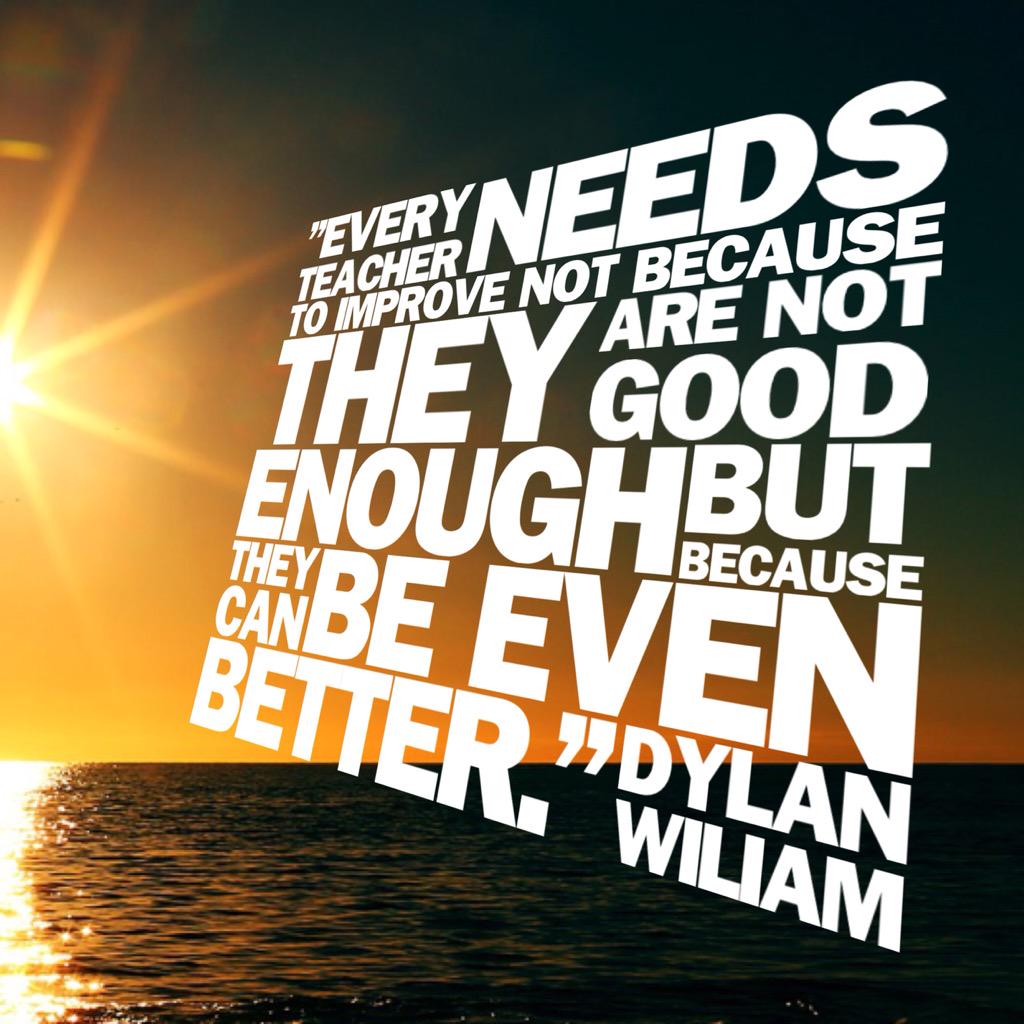
From a divergent teacher.






